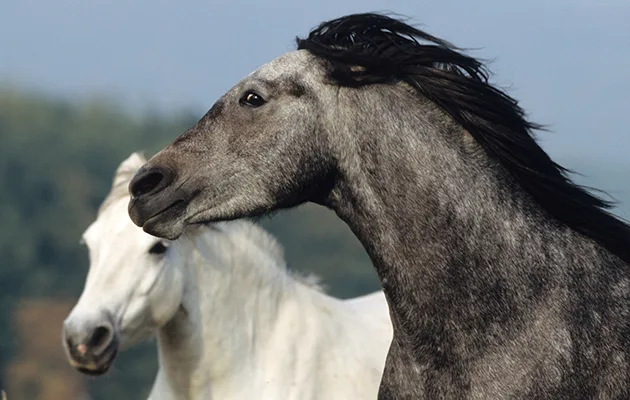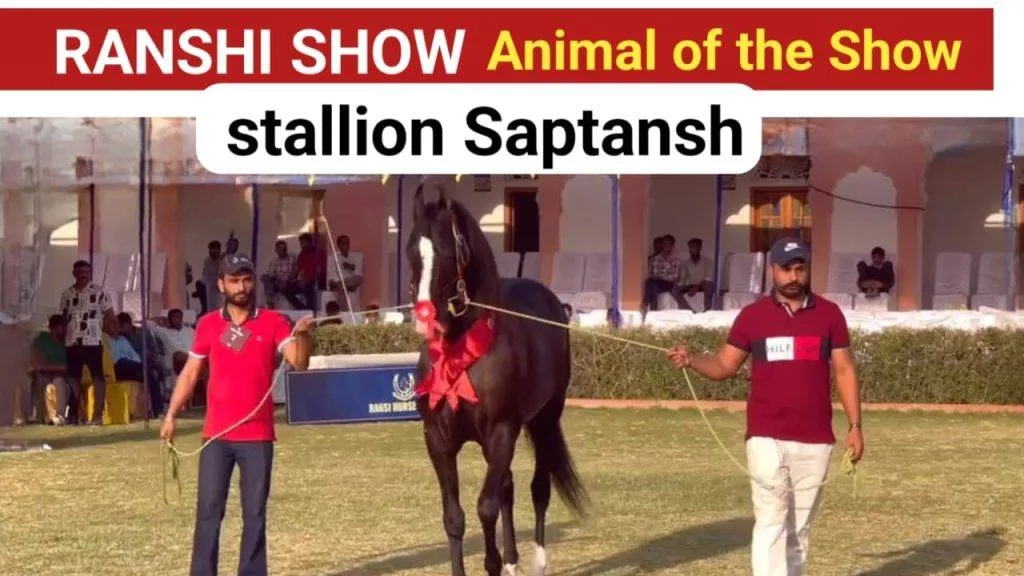Horses have played a significant role in human history for thousands of years.
From transportation and farming to sports and entertainment, horses have earned their place as revered companions in our lives. Over time, people have developed many expressions related to horses, often using them in everyday language. But have you ever wondered what these horse-related phrases really mean? In this article, we’ll explore some of the most popular horse expressions and break down their origins and meanings.
1. “Hold Your Horses“
This is one of the most common horse-related expressions. If someone tells you to “hold your horses,” they are asking you to slow down or be patient. The phrase is often used when someone is acting too quickly or impulsively.
Origin:
The phrase is believed to date back to the 18th century. In those days, before cars, people traveled by horse-drawn carriages. If a driver or rider needed to stop their horses, they would literally need to “hold” or restrain them to prevent them from moving too quickly. Over time, the phrase evolved into a metaphor for slowing down in general.
Meaning:
When you say or hear “hold your horses,” it’s a reminder to be patient and wait before taking further action. It encourages people to stop rushing and think before making decisions.
2. “Don’t Look a Gift Horse in the Mouth”
This phrase is used to suggest that one should not criticize or question something they have received as a gift. In other words, be grateful for what you get.
Origin:
The origin of this expression goes back to ancient times. When buying a horse, one way to judge its age and health was by examining its teeth. A horse’s teeth change over time, so looking into its mouth could reveal how old it was. If you looked a “gift horse” (a horse given to you for free) in the mouth, you were implying that you were examining its value, which was seen as ungrateful.
Meaning:
If someone gives you a gift, don’t complain about it or look for flaws. Accept it graciously without questioning its worth or the giver’s intentions.
3. “Straight from the Horse’s Mouth”
If someone tells you that they got information “straight from the horse’s mouth,” they mean that they heard it directly from the original or most reliable source. This expression is often used to indicate authenticity or firsthand knowledge.
Origin:
This phrase likely comes from the practice of horse racing. When betting on horses, many bettors would try to get tips from insiders, like jockeys or trainers. They would consider information from these individuals to be the most trustworthy, as they had the closest knowledge of the horse’s condition and abilities. The idea of hearing something “straight from the horse’s mouth” suggests that you are receiving unfiltered, direct information.
Meaning:
It’s used to convey that the information you’ve received is authentic, reliable, and comes directly from the most trustworthy source possible.
4. “Put the Cart Before the Horse”
To “put the cart before the horse” means to do things in the wrong order or to get ahead of oneself. It suggests that you’re putting the result or the outcome before the necessary steps that should come first.
Origin:
This expression comes from the world of transportation. Horses are used to pull carts, and if you were to place the cart before the horse, it would be impossible to move the cart forward, as the horse wouldn’t be able to pull it. The phrase is a metaphor for making an illogical mistake or attempting to do something out of order.
Meaning:
When you “put the cart before the horse,” you are skipping important steps or making decisions prematurely, which can lead to confusion or failure. It’s a reminder to approach tasks or situations in a logical sequence.
5. “You Can Lead a Horse to Water, but You Can’t Make It Drink”
This well-known saying suggests that while you can offer someone the opportunity to do something, you cannot force them to take it or make them act in a certain way.
Origin:
The phrase goes back to at least the 12th century. It likely originated from the idea that you can bring a horse to a water source, but if the horse isn’t thirsty, it won’t drink. The saying became a metaphor for situations where people are given opportunities or guidance, but they are free to make their own choices, whether or not they take advantage of them.
Meaning:
This expression is used to convey the idea that you can provide assistance, guidance, or opportunities, but you cannot force someone to accept them or take action.
6. “Beating a Dead Horse”
If someone says you are “beating a dead horse,” they mean you are continuing to discuss or argue about something that has already been decided or resolved, or something that is no longer relevant.
Origin:
The origin of this phrase lies in the practice of horse racing. Once a horse is dead, there’s no point in trying to get it to run again. The idea is that continuing to beat a dead horse is a futile and pointless effort, as the horse can no longer respond.
Meaning:
This expression is a way of telling someone that their efforts or discussions are futile, as there is no longer any point in pursuing the matter.
7. “Get Off Your High Horse”
If someone tells you to “get off your high horse,” they are asking you to stop acting arrogantly or self-righteously. It’s a way of suggesting that someone needs to humble themselves.
Origin:
The phrase refers to the high horses that royalty and aristocrats would ride in the past. These horses were taller than those ridden by common people, symbolizing the elevated status of the rider. If someone was “on a high horse,” they were perceived as acting superior or looking down on others.
Meaning:
This phrase is used to call out someone who is acting pompous or overly proud, urging them to be more humble and down-to-earth.
Horse expressions have stood the test of time, remaining part of our daily language for centuries. They serve as reminders of the relationships humans have had with these magnificent creatures, from transportation and work to recreation and sports. Each phrase carries with it a bit of history and a lot of wisdom, offering valuable lessons about patience, gratitude, authenticity, and humility.
So, the next time you hear a horse-related expression, you’ll know the story behind it and maybe even be able to impress others with your knowledge of these classic sayings!




